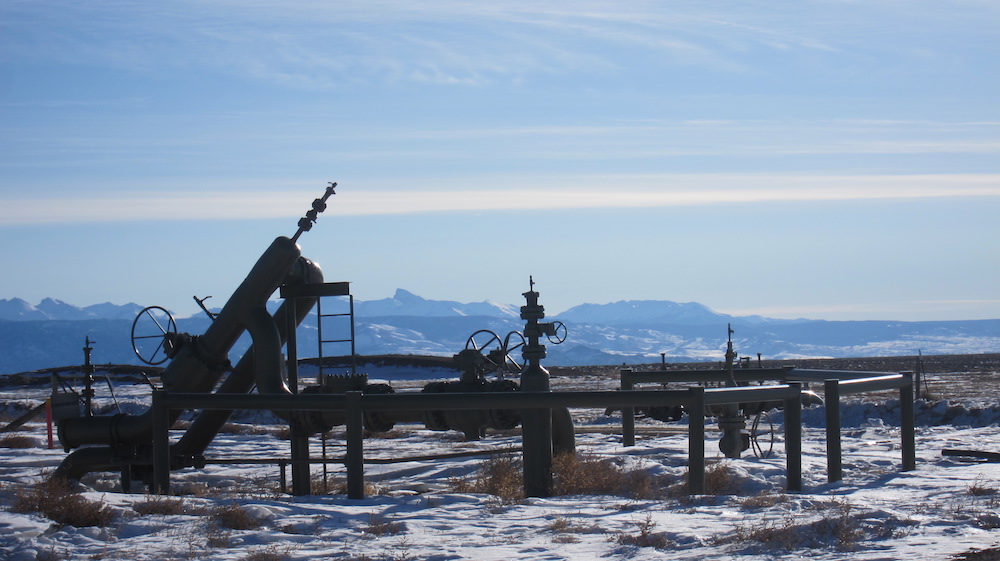The Outdoor Council is asking the state to implement best practices in oil and gas fields that would save the state and counties millions of dollars by curbing intentional flaring and venting, and unintentional leaks of natural gas.
The Wyoming Natural Gas Waste Report, compiled by the Outdoor Council and the Environmental Defense Fund, finds that the state is missing out on an estimated $8.8 million to $16.1 million each year in unrealized tax revenue due to wasted natural gas. Of that statewide loss, $3.4 million to $6.5 million is uncollected ad valorem revenue — property tax that goes directly to counties. That money could have gone to the purchase of emergency equipment, or road and bridge repair, or human services like nurses and libraries.
The top five counties missing out on the most ad valorem dollars associated with wasted gas in 2015 were Converse, Goshen, Campbell, Laramie and Sweetwater. The total lost in ad valorem for those counties in 2015 was $2.8 million with an average of $560,000 per county.
The Wyoming Department of Environmental Quality has already successfully implemented — in one corner of the state — operational protocols that reduce the need for flaring and venting, as well as leak detection and repair (LDAR) requirements. This program, implemented in the Jonah and Pinedale Anticline gas fields in the Upper Green River Basin, is a proven cost savings to Sublette County as well as the operators themselves.
“Sublette County is not on the list of missing out on ad valorem dollars due to wasted gas,” said Elaine Crumpley, of Citizens United for Responsible Energy Development (CURED). “That is because oil and gas field operators in the Upper Green River Basin, basically Sublette County, have already been doing flareless completions and LDAR inspections for several years.”
It’s urgent that Wyoming expands this successful program to oil and gas fields statewide, because the industry is preparing for a major increase in drilling. Projects such as the 5,000-well Converse County Oil & Gas Project and the 1,500-well Greater Crossbow field may be approved for drilling as soon as 2019.
“Addressing this problem is common sense: reducing waste means increasing revenue. Clean air and public health are added bonuses,” Outdoor Council Executive Director Lisa McGee said. “The state can and should take action to require oil and gas operators in eastern Wyoming to implement frequent leak detection and repair inspections as they have successfully done in western Wyoming.”
The state needs to live up to its responsibilities to protect its clean air and to collect all revenue that is due to its citizens and communities that desperately need it. Insisting on methods that reduce flaring and venting, and protocols that detect and fix gas leaks is a proven win-win-win for Wyoming communities, oil and gas operators, and the environment.
“Our operators pioneered all these gas-waste management methods, and our gas fields are flourishing, with 11 rigs drilling today,” Crumpley said of the Upper Green River Basin fields. “From our experienced perspective, the rest of the state should follow our lead. It’s a major step in the right direction.”
Click here to read the Wyoming Natural Gas Waste Report.
Dustin
Bleizeffer
Communications Director
Staff

